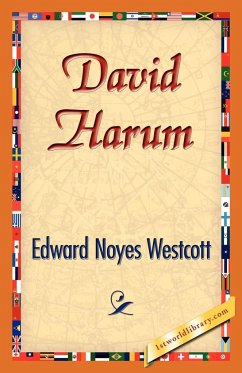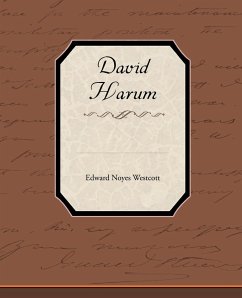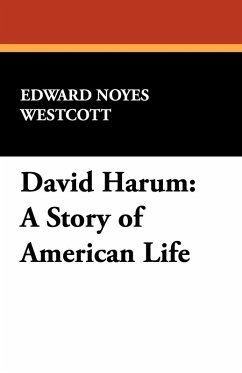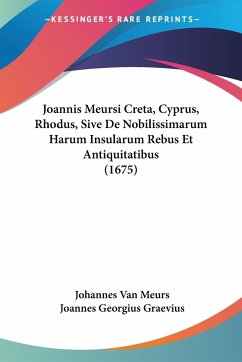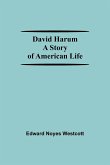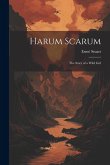David poured half of his second cup of tea into his saucer to lower its temperature to the drinking point, and helped himself to a second cut of ham and a third egg. Whatever was on his mind to have kept him unusually silent during the evening meal, and to cause certain wrinkles in his forehead suggestive of perplexity or misgiving, had not impaired his appetite. David was what he called "a good feeder." Mrs. Bixbee, known to most of those who enjoyed the privilege of her acquaintance as "Aunt Polly," though nieces and nephews of her blood there were none in Homeville, Freeland County, looked curiously at her brother, as, in fact, she had done at intervals during the repast; and concluding at last that further forbearance was uncalled for, relieved the pressure of her curiosity thus: "Guess ye got somethin' on your mind, hain't ye? You hain't hardly said aye, yes, ner no sence you set down. Anythin' gone 'skew?" David lifted his saucer, gave the contents a precautionary blow, and emptied it with sundry windy suspirations. "No," he said, "nothin' hain't gone exac'ly wrong, 's ye might say-not yet; but I done that thing I was tellin' ye of to-day."
Hinweis: Dieser Artikel kann nur an eine deutsche Lieferadresse ausgeliefert werden.
Hinweis: Dieser Artikel kann nur an eine deutsche Lieferadresse ausgeliefert werden.

